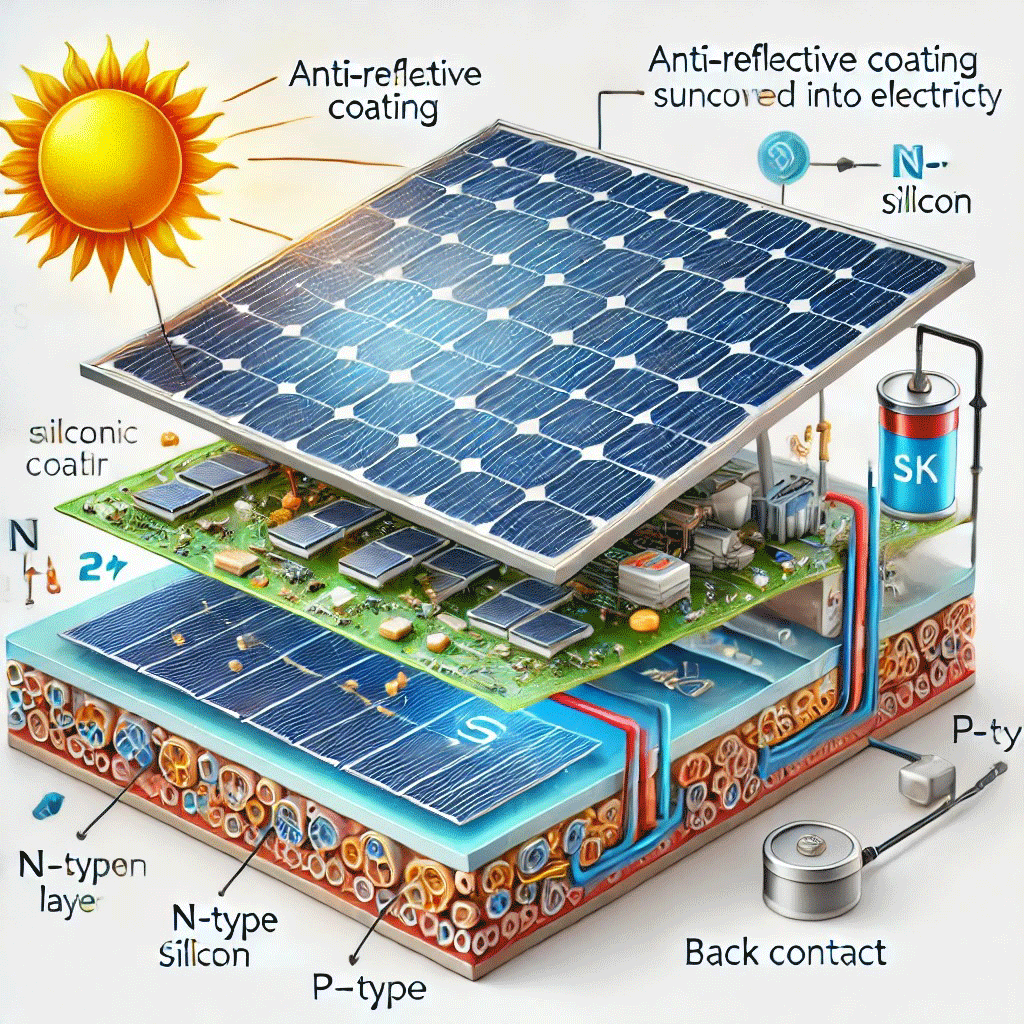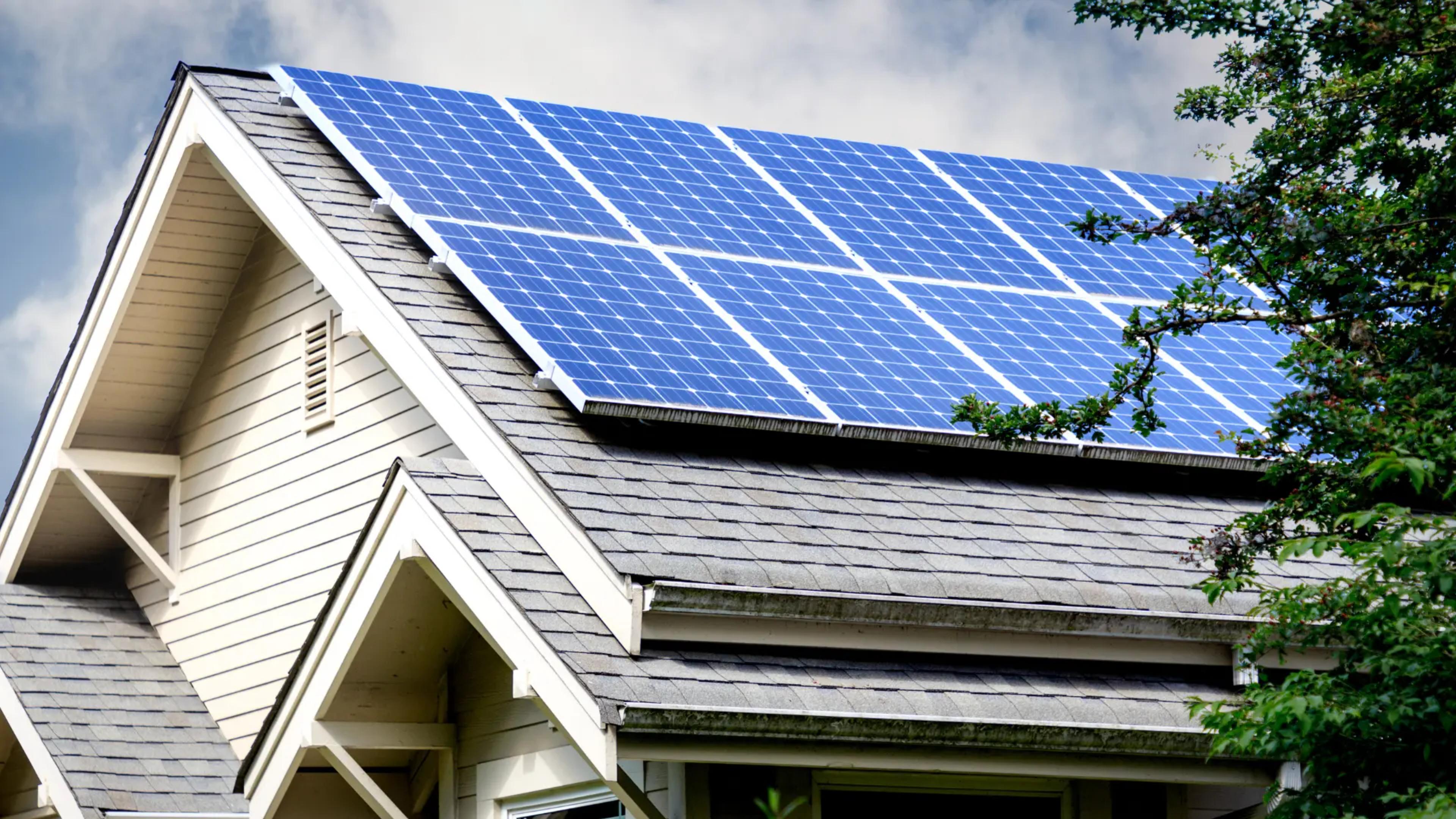Solar Energy 101: A Beginner's Guide to Sustainable Energy Solutions
As the world increasingly changes towards lasting power services, understanding the principles of solar power becomes essential for both individuals and businesses. This overview offers an extensive summary of solar power, outlining the various systems readily available and the systems behind their operation. By checking out the advantages of solar modern technology, alongside the economic incentives and installment processes, one can gain a more clear perspective on exactly how to effectively integrate this renewable energy into their energy strategy. The trip towards adopting solar energy welcomes further assessment of the obstacles and considerations that come with it.
Recognizing Solar Power
At its core, recognizing solar energy entails grasping the fundamental concepts of just how sunlight can be converted into useful power. Solar power is obtained from the sun's radiation, which can be harnessed through various modern technologies.

Recognizing solar power also involves identifying its ecological advantages. By making use of sunshine, we can alleviate greenhouse gas emissions and decrease air pollution, contributing to a much more sustainable future. The innovations in modern technology and effectiveness of planetary systems continue to enhance their stability, making solar power a progressively eye-catching alternative for worldwide energy needs.
Kinds of Solar Power Systems
Numerous sorts of solar energy systems are frequently utilized to harness solar power for electricity generation. The key classifications consist of solar (PV) systems, concentrating solar power (CSP) systems, and solar thermal systems.
Photovoltaic systems make use of solar panels made up of silicon cells that convert sunshine directly right into electrical power. These systems are functional and can be set up on rooftops, ground installs, or incorporated into structure materials.
Focusing Solar energy systems, on the various other hand, utilize mirrors or lenses to focus sunlight onto a little location, producing warmth that drives a heavy steam turbine to create electricity - Simply Solar Illinois. CSP systems are typically deployed in large power plants and need straight sunlight, making them much less suitable for gloomy areas

Each sort of solar power system has its unique features, applications, and suitability relying on geographic location, power needs, and spending plan, making it important to examine options based upon particular conditions. - Simply Solar Illinois

Benefits of Solar Power
Harnessing solar power via various systems not just gives a lasting means to produce electrical energy however likewise provides a wide range of benefits. One of the most significant benefits is the reduction in greenhouse gas discharges, contributing to a cleaner atmosphere and combating environment change. Solar power is sustainable, meaning it is endless and offered as long as the sun beams, unlike view publisher site fossil gas, which are limited and depleting.
Moreover, solar power can cause considerable cost financial savings in time. Property owners and companies can reduce their power expenses considerably, and in several situations, they might gain credit reports for excess energy generated with internet metering. Furthermore, the solar industry produces work, from producing to installation, boosting local economic situations.
Another engaging benefit is energy independence. By creating their own power, individuals and areas can minimize reliance on exterior power sources, boosting durability versus changing power costs and supply disturbances. In addition, solar power systems require marginal maintenance, making them a practical alternative for sustainable power generation.
Setup Refine Introduction
The installment process for solar power systems typically includes numerous key steps that make sure efficient assimilation into a property. A thorough website assessment is conducted to evaluate the roofing system's positioning, shading, and structural integrity, which are vital to enhancing solar panel performance. Following this evaluation, the style phase commences, where a customized solar power system is set up based on see this here the house owner's power requirements and preferences.
Once the design is completed, the needed licenses and approvals are obtained from neighborhood authorities, making certain conformity with guidelines. The real setup includes installing the solar panels on the roof or ground, connecting them to an inverter, and integrating the system with the home's electric arrangement. This phase may also involve mounting battery storage systems, depending upon the design.
After installment, a comprehensive inspection is performed to confirm the system's functionality and safety and security. The system is commissioned, and house owners are educated on its operation and upkeep. With the installation complete, the solar power system can begin creating sustainable power, contributing to sustainability and decreasing utility expenses. This structured technique guarantees that planetary systems are both efficient and reliable, optimizing their lasting benefits.
Financial Incentives and Financial Savings
Exploring the monetary motivations and savings related to solar power systems can dramatically improve the allure of making the button to renewable energy. Different motivations exist at federal, state, and local degrees, designed to decrease the preliminary expenses linked with solar installment. One of the most noteworthy incentives is the federal solar tax credit score, which permits homeowners to deduct a portion of their solar system setup costs from their federal taxes. As of 2023, this credit report stands at 30%, giving significant financial savings.
In enhancement to tax obligation credit scores, several states use refunds that can even more lower ahead of time expenditures. Some energy companies likewise supply performance-based rewards, gratifying solar energy manufacturing gradually. Financing alternatives, such as solar loans and leases, permit consumers to mount systems with little to no down repayment, making solar energy more obtainable.

Lasting savings are an additional vital factor. By creating their very look at here now own electrical power, house owners can significantly reduce or even eliminate their regular monthly energy costs. Furthermore, solar systems can enhance building values, providing a solid return on investment. Generally, the mix of rewards and cost savings makes solar power a financially eye-catching choice for numerous homes.
Verdict
In final thought, solar energy stands for an important component of sustainable power options, supplying a pathway towards minimized carbon footprints and enhanced ecological security. The diverse kinds of solar energy systems, combined with significant monetary rewards, facilitate more comprehensive fostering among people and neighborhoods. Understanding the installment processes and advantages connected with solar energy encourages stakeholders to make educated decisions. Inevitably, the shift to solar energy not just fosters eco-friendly obligation but likewise promotes financial savings and power self-reliance.